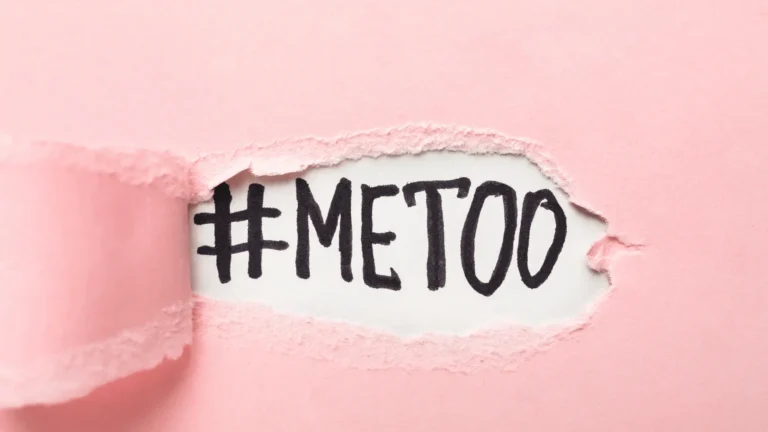Over 200 Organizations, 30 Survivors, and 1200 Advocates Issue Letter Urging Members of Congress to Get Serious About Global Sex Trafficking Prevention
As Members of Congress in both the House and Senate are gearing up to introduce the United States’ most well-known anti-trafficking legislation, the Trafficking Victims Protection Reauthorization Act (TVPRA), anti-trafficking leaders, organizations, survivors and advocates from around the world are calling on legislators to include an important sex trafficking demand reduction provision.
The effort is being spearheaded by the Coalition Against Trafficking in Women, Exodus Cry, the National Center for Sexual Exploitation, and Shared Hope International—four leading organizations that all advocate for strong and meaningful prevention efforts that include reducing the demand for commercial sex as a primary means to prevent and eventually eliminate sex trafficking. Over 200 organizations, 30 survivors, and 1200 advocates issued a letter to members of Congress urging them to get serious about global sex trafficking prevention.
Specifically, this bill amends the Trafficking Victims Protection Act of 2000 regarding the determination of whether a government has made serious and sustained efforts to reduce the demand for commercial sex acts. H.R. 466 mandates that pursuant to the minimum standards for the elimination of sex trafficking, if a government has the authority to prohibit the purchase of commercial sex acts, but fails to do so, it shall be deemed a failure to make serious and sustained efforts to reduce the demand for commercial sex acts, irrespective of other efforts the government may have made. This important change will make a country’s efforts to combat demand for prostitution a meaningful part of the State Department’s Trafficking in Persons Annual Report in which the efforts to combat human trafficking of countries around the world are accessed and ranked.
“Countries that have legalized or decriminalized the sex trade such as Germany, The Netherlands, and New Zealand, are magnets for sex trafficking of vulnerable women and girls to meet state-sanctioned demand for prostitution,” said Taina Bien-Aimé, Executive Director, CATW. “The State Department’s Trafficking in Person’s report must acknowledge this equation in its ranking system and its negative impact in combating trafficking,”
“Sex trafficking continues to thrive around the globe for one reason and that is male demand for commercial sex,” said Laila Mickelwait, the Director of Abolition for Exodus Cry. “If all men stopped buying sex, the sex trafficking industry would implode. Traffickers are always willing to exploit another person in order to turn a profit. No customers, no traffickers; it is really that simple. Research has demonstrated that when countries take a hard position legislatively against buying sex, trafficking for sexual exploitation is minimized because demand is reduced. The reverse is also true, when countries allow for the uninhibited purchase of sex, then trafficking flourishes. It is time for us to take the global demand for commercial sex seriously if we ever want to eliminate sex trafficking, and that is exactly what the HR 466 anti-demand bill language does, and why we are calling on Congress to pass it as part of the TVPRA.”
“Sex buyers are the fuel of the sex trafficking industry. For too long our culture and others have normalized and glamorized the idea of men buying sex, whether in films, song lyrics, TV shows, or group activities like bachelor parties. The tragic consequences of buying another person—both the sexual exploitation experienced by the individual being purchased and the global impact of fueling industries of sexual exploitation—are clear. It’s time to decisively institute increasingly harsher penalties on the countries that refuse to combat the demand,” said Dawn Hawkins, executive director of the National Center on Sexual Exploitation.
Linda Smith, Shared Hope International President and Founder said, “Demand is at the heart of sex trafficking—without a buyer there would be no seller, and no victim. The Sex Trafficking Demand Reduction Act affirms this link, and would expose those nations taking a backseat in combating this force that drives sex trafficking markets.”



